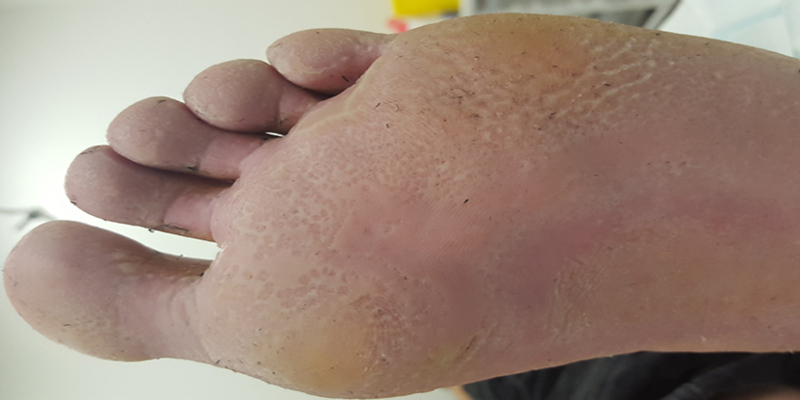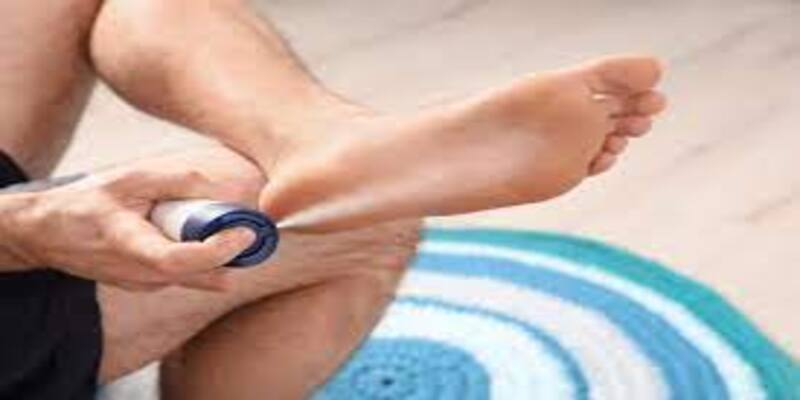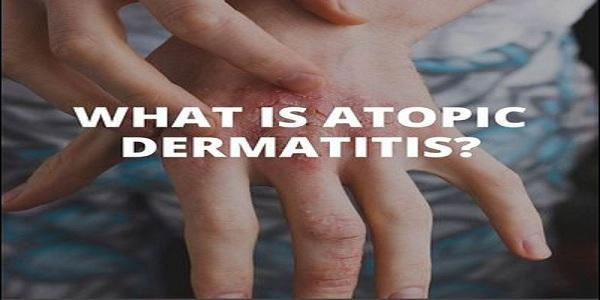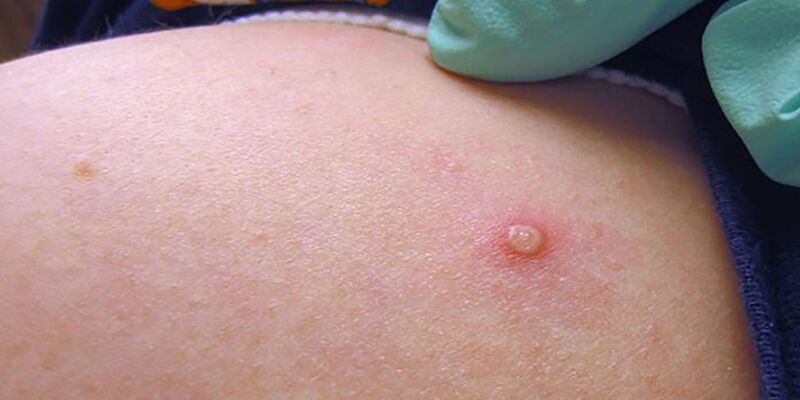Your Feet Might Be Affected By Hyperhidrosis, Too
Oct 21, 2023
Excessive perspiration that is not caused by a rise in core body temperature or physical exertion is a symptom of the medical disorder known as hyperhidrosis. Although it may occur anywhere on the body, most people notice symptoms in their hands, feet, armpits, and genitalia. Some persons with hyperhidrosis experience just a little annoyance from their condition, while for others, the social stigma, inability to participate in certain activities, and skin irritation caused by hyperhidrosis profoundly affect their everyday lives. Hyperhidrosis may be caused by various reasons, from hereditary predisposition to medical disorders and even drugs. Its severity can also vary widely. Excessive sweating and a thorough physical are usually enough to diagnose hyperhidrosis. Antiperspirants, prescription drugs, iontophoresis, and surgery are all possible methods for treating hyperhidrosis. People with hyperhidrosis should talk to medical professionals about their condition and possible treatments.
Hyperhidrosis Of The Feet
Extra sweat in the feet from hyperhidrosis may lead to wet feet and socks. Some of the issues that might arise as a result of this are as follows:
- Distasteful odor: Foot perspiration that exceeds normal levels might signify a more serious problem.
- Toenail fungus: Athletes' feet and similar conditions thrive in warm, damp environments.
- Blisters are often the result of rubbing against damp footwear and stockings.
- Irritation and pain: Excessive perspiration may weaken the skin of the feet, making it more susceptible to irritation and blistering.
Causes Of Foot Hyperhidrosis

Several factors can contribute to foot hyperhidrosis, including:
- Genetics: Hyperhidrosis can be hereditary, meaning that it runs in families.
- Medical conditions: Certain conditions, such as diabetes and hyperthyroidism, can cause excessive sweating.
- Medications: Some medications, such as antidepressants and blood pressure medications, can cause excessive sweating as a side effect.
- Stress: Stress and anxiety can trigger sweating in the feet.
Diagnosis And Treatment Of Foot Hyperhidrosis
Foot hyperhidrosis is typically diagnosed based on excessive sweating and a physical examination. The healthcare provider may also ask about the patient's medical history and conduct tests to rule out any underlying medical conditions. Treatment options for foot hyperhidrosis may include:
- Antiperspirants: Topical antiperspirants can be effective at reducing sweating in the feet.
- Prescription medications: The healthcare provider may prescribe medications such as anticholinergics or botulinum toxin (Botox) to help reduce sweating in the feet.
- Iontophoresis: This treatment involves using a machine to deliver a low-voltage electric current to the feet, which can help reduce sweating.
- Surgery: In some cases, surgery may be recommended to destroy the sympathetic nerves responsible for activating the sweat glands in the feet.
Lifestyle Changes To Help Manage Foot Hyperhidrosis

In addition to medical treatment, several lifestyle changes can help manage foot hyperhidrosis:
- Wear moisture-wicking socks: Socks made of synthetic materials can help wick moisture away from the feet, helping to keep them dry.
- Choose shoes wisely: Look for shoes made of breathable materials and avoid shoes that are too tight or don't allow proper ventilation.
- Change socks frequently: It's a good idea to change socks at least once daily to help keep the feet dry.
- Avoid triggers: Certain activities and situations, such as wearing tight shoes or being in a hot environment, can trigger sweating in the feet. Avoiding these triggers can help reduce sweating.
Conclusion
Hyperhidrosis of the feet can cause several problems, including odor, foot fungus, blisters, and soreness. Genetics, medical conditions, medications, and stress can cause it. Hyperhidrosis is a medical condition characterized by excessive sweating that can affect any body part, including the feet. Foot hyperhidrosis can cause an unpleasant odor, foot fungus, blisters, and soreness. Genetics, medical conditions, medications, and stress can cause it. Treatment options for foot hyperhidrosis include antiperspirants, prescription medications, iontophoresis, and in some cases, surgery. Lifestyle changes, such as wearing moisture-wicking socks, choosing shoes wisely, changing socks frequently, and avoiding triggers, can also help manage foot hyperhidrosis. It is important for individuals with foot hyperhidrosis to discuss their treatment options with a healthcare provider and carefully consider each option's potential risks and benefits before making a decision.





